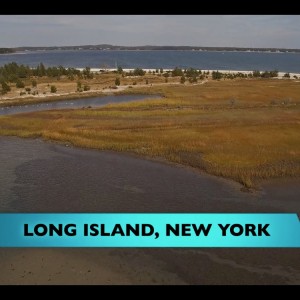
The Peconic Estuary Program is using EPA’s publication, “Being Prepared for Climate Change: A Workbook for Developing Risk-Based Adaptation Plans” to create a risk-based climate change vulnerability assessment. This video describes some climate change impacts that are already affecting eastern Long Island. Local people explain why they are conducting the assessment and describe some of the ways they are starting to respond to climate change risks.
View this complete post...











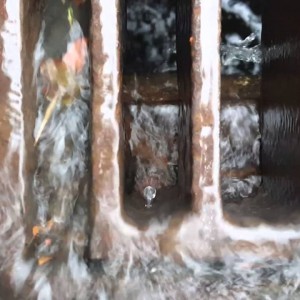

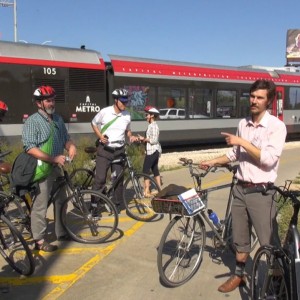
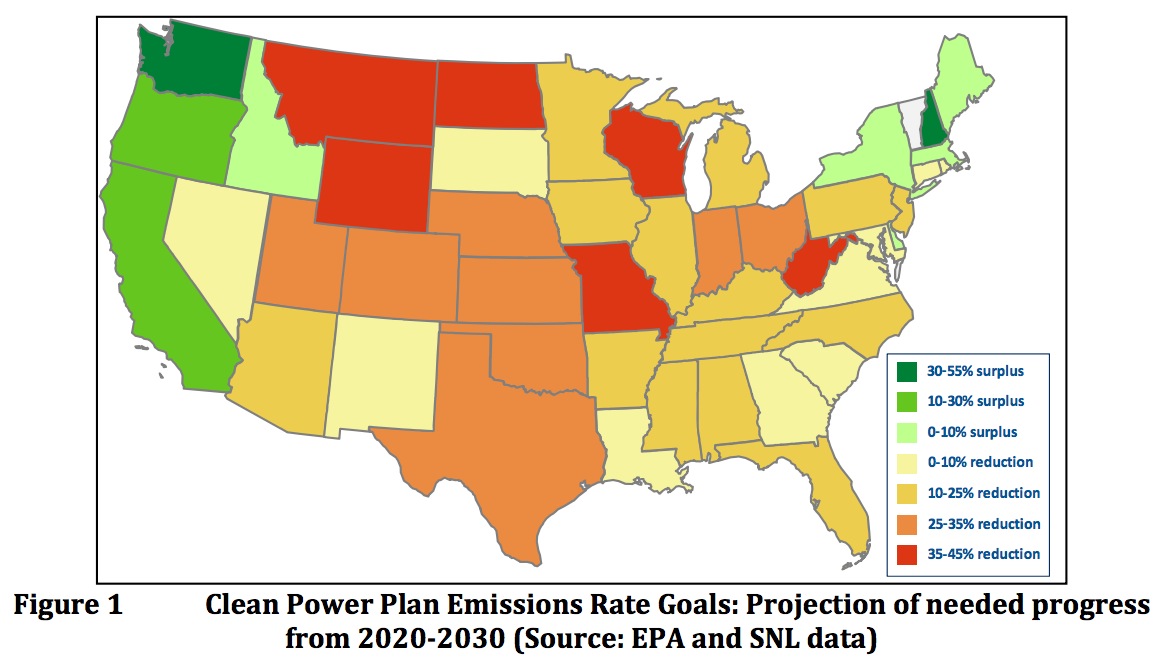
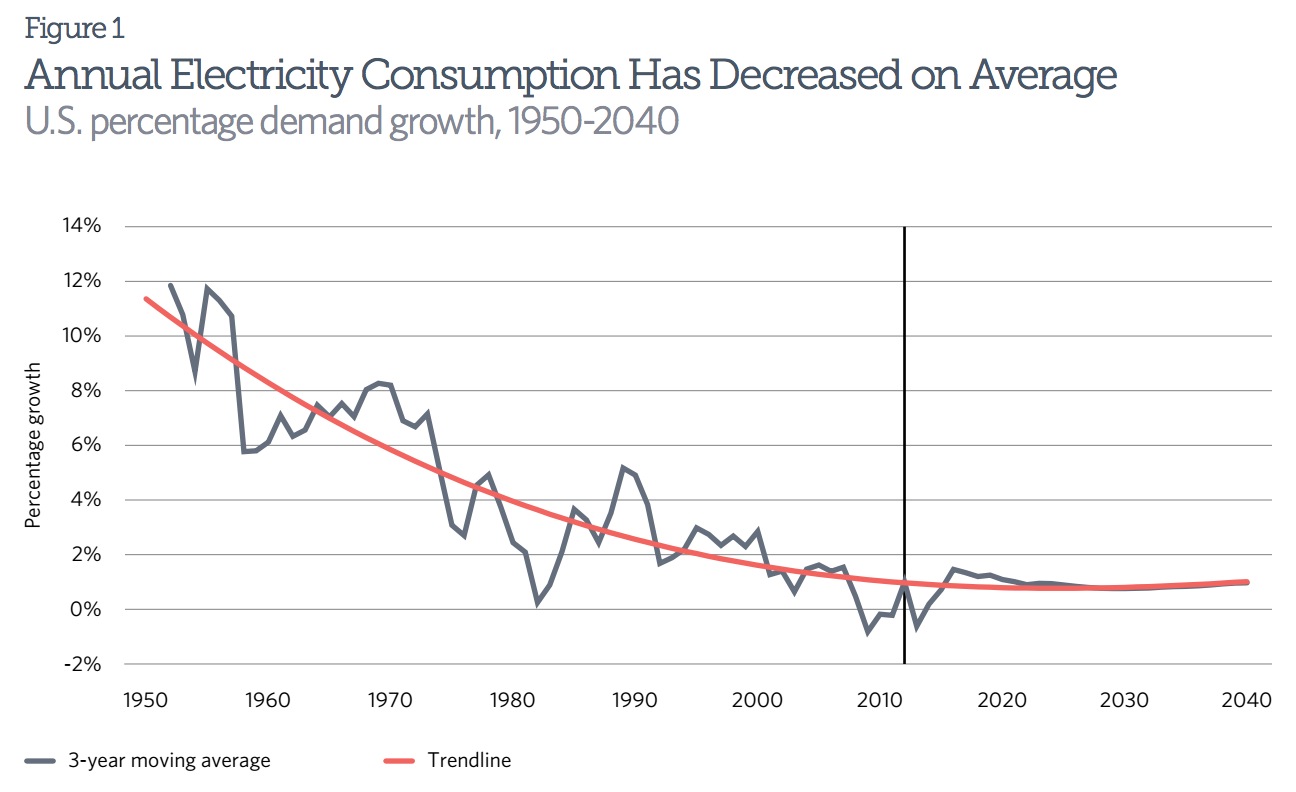

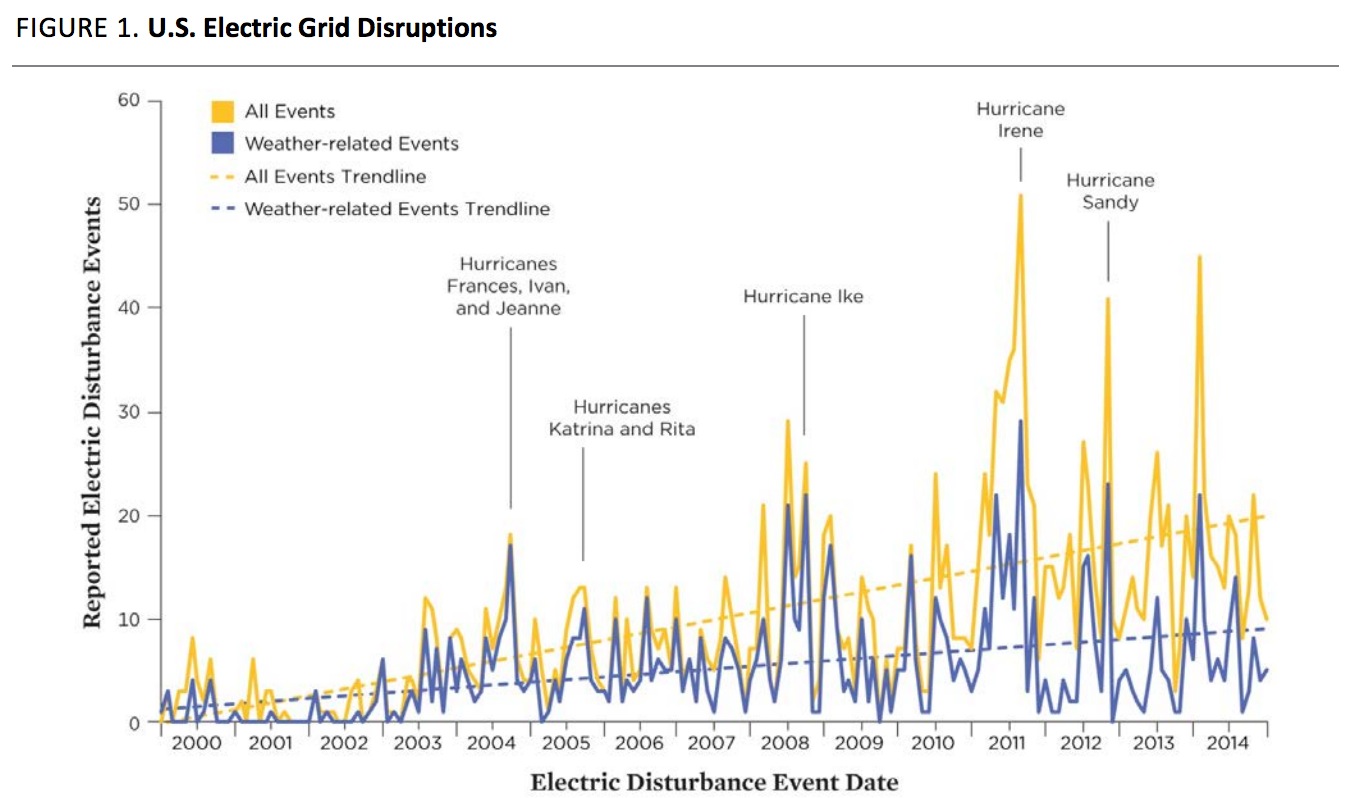
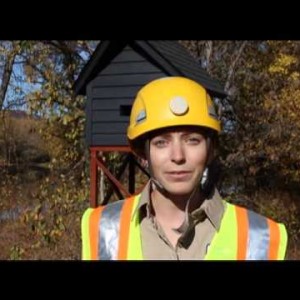
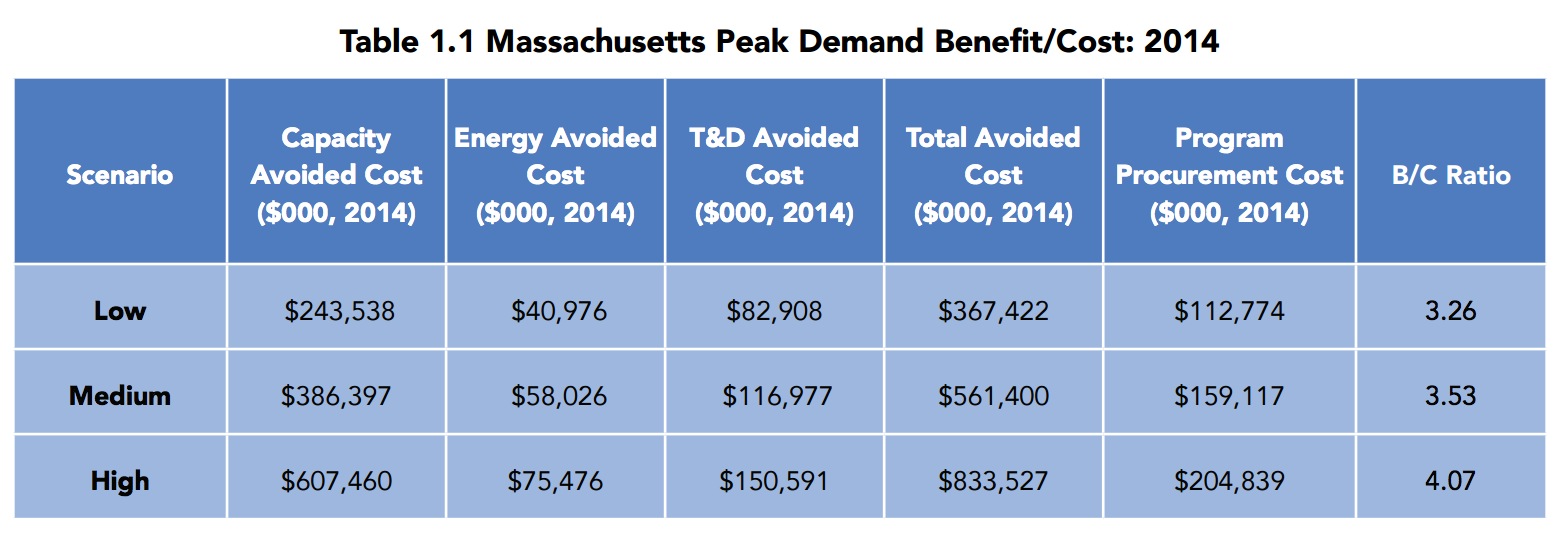

 RSS Feed
RSS Feed